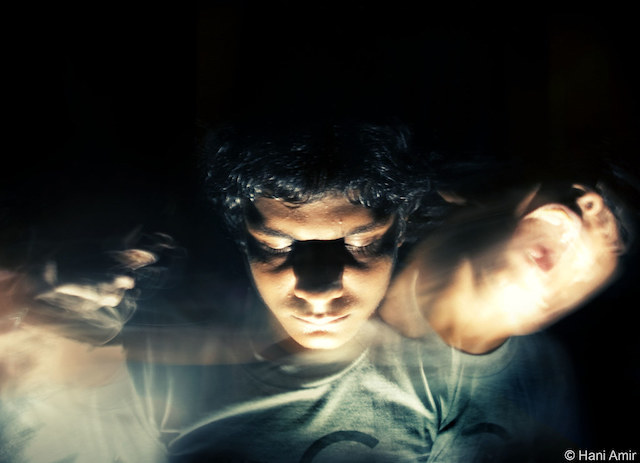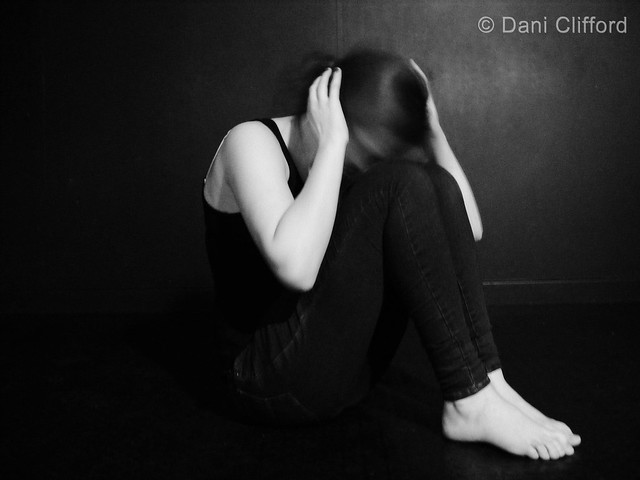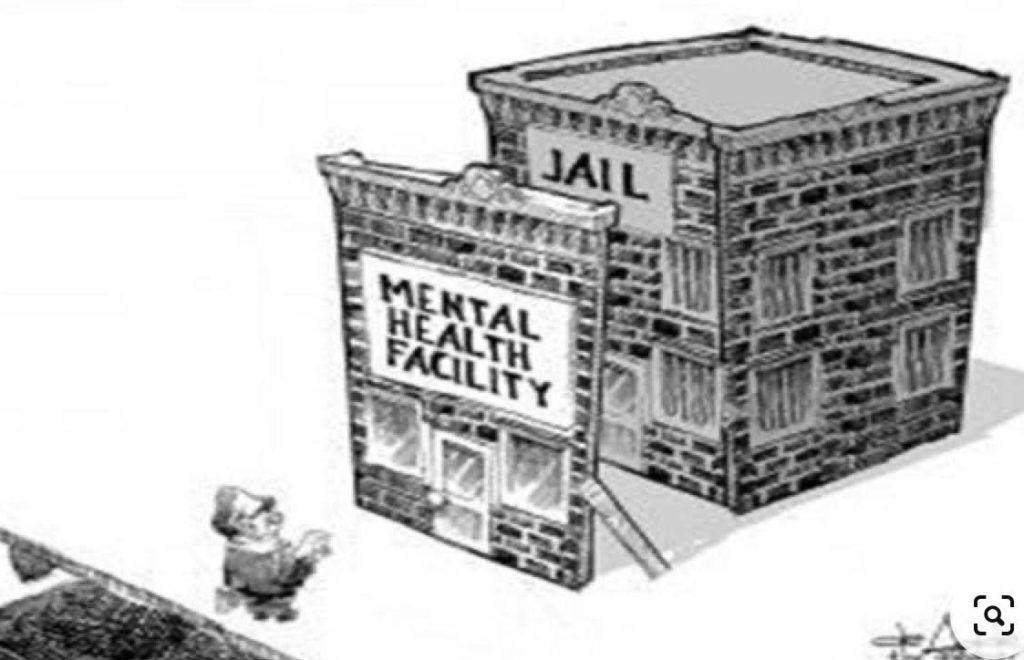At their regular meeting on Thursday, September 7th, the New Orleans City Council voted on a resolution to investigate the prudence of alternatives to a large Phase III “special needs facility” – (AKA a mental health jail) – for housing people with acute and subacute serious mental illnesses (SMI).
We are extremely disappointed and troubled that many of our allies in the fight for criminal justice reform are advocating for, as an alternative to Phase III, a Phase II retrofit that essentially shoehorns people living with severe mental illnesses into the existing jail – many of whom will be confined in 6X9 solitary confinement glass cells.
Glass cells. Let’s think about that for a minute.

Unlike psychiatric treatment facilities, the Orleans Parish Sheriff’s Office (OPSO) does not treat people who will not accept treatment because of their Anosognosia; i.e. lacking insight that they are sick. Confining people living with serious mental illnesses in transparent 6’ X 9’ solitary confinement cells, and leaving them without medical treatment to live with no-fault command auditory delusions and visual hallucinations is cruel, inhumane, and, in our opinion, constitutes torture.
Of course the sheriff will be better protected from liability. Wrongful death and neglect lawsuits will likely decrease as the fish bowl design permits an officer/monitor to stop someone from plucking out their eyes to stop visions, or shoving tissue into their ears to stop voices, or knocking themselves unconscious to find relief from their internal torment.
I would like to think that the fixation with jail numbers and costs, rather than the lives of people suffering with untreated and undertreated SMI, is simply due to an inability to grasp the deeper issues at hand rather than intent to do harm. Numbers and costs do not apply here. As has been demonstrated repeatedly, while jail populations are going down, the numbers of seriously mentally ill people in jails remains unchanged or is increasing.
“This is not a minor issue. Today, Rikers is one of the three largest providers of psychiatric care in the country. (The other two are also not hospitals or clinics but jails: the LA County Jail in Los Angeles and the Cook County Jail in Chicago.) At any given moment, more than 40% of its population has a mental illness; around 10% have a serious mental illness.
And while the overall population has dropped, the proportion of people with mental illness keeps going up, from about 30% in 2010 to more than 40% today. Meanwhile, people with mental illness spend on average twice as long in jail as other prisoners.”
Shutter island: At Rikers, people with mental illness fall through the cracks over and over again
We support the need for a phase 3 special-needs facility. However, Healing Minds NOLA does not believe it should be located on the jail campus and under the jurisdiction of corrections. The facility should be designed as a hospital and located within the community and under the jurisdiction of psychiatrists. Not only would that allow the jail to easily be brought into compliance, it is also a more just solution for people who are forced through the chute of the criminal justice system by mental health laws that require them to be dangerous, or gravely disabiled, before treatment can be initiated.

The bottom line is, whether it be a phase 2 or phase 3 or phase 10, a jail will never be a solution for someone suffering with a serious mental illness; especially if they lack awareness that they are sick and therefore refuse treatment. Many individuals will always need hospital care. We question the claim that mental health jails, (regardless of the size), will save the city money. For example, we waste enormous amounts of money transporting inmates to and from the jail to the forensic hospital in Jackson, Louisiana because we don’t have an alternative hospital in-parish. An in-parish psychiatric hospital would save the city money because costs would be shifted to the state.
The idea that, somehow, a phase 2 retrofit is more humane and will lead to decriminalizing SMI is ludicrous and absurd. It’s a false promise. A smaller jail, rather than a bigger jail is still a jail. We urge the council and Mayor to think very carefully before going down that path.
This is an extremely complex issue and one that involves people with extremely complex problems. Piecemealing solutions driven by people who likely cannot pronounce the word Anosognosia, let alone know what it is, will only serve to cement a system we already have. A system that is antiquated and, clearly, not working.
As a community, we are in desperate need of a Serious Mental Illness Coordinating Committee composed of members who have actual expertise on untreated and under-treated SMI, and its relationship to homelessness and incarceration, to help bridge the gaps and connect care for this population.
It is long past due that we sit down together and hold each other accountable. Without such accountability how will we ever birth a vision on how to end incarceration, homelessness, and death for people who struggle with serious mental illnesses?

